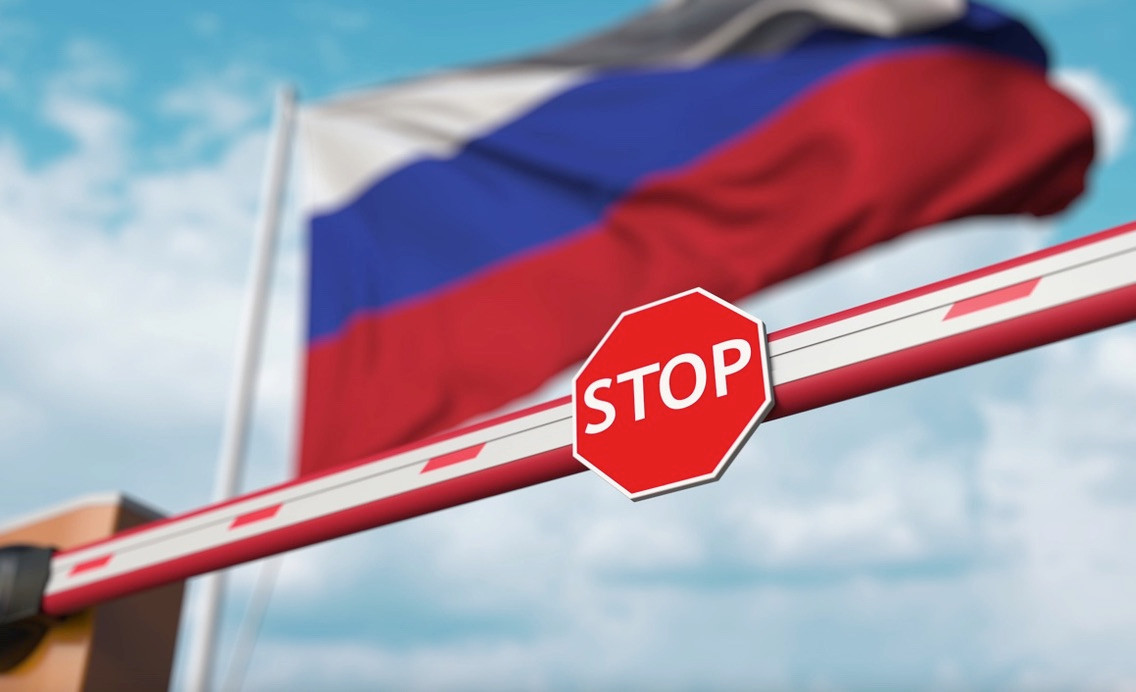Since Russia's annexation of Crimea in 2014, the EU has targeted 877 individuals and 62 entities via its sanctions imposed on Russia. The majority of those were introduced in the last two months, according to database OpenSanctions, developed by an independent team of data scientists.
Delano's sister publication Paperjam reached out to the finance ministry asking for an anonymised dataset of asset freezer in Luxembourg under sanction against Russia since 2014. The ministry stated that it will “publish the total volume of frozen assets in the near future”.
The Financial Intelligence Unit (FIU), responsible for receiving reports of suspicions of violations of the anti-money laundering law, states that the presence of a person on a sanctions list does not automatically generate a suspicion. The FIU states that it is up to the reporting entity to analyse all the elements of the case and to assess whether is obligated to report report to the relevant authorities. Thus, the mention of a person on a sanctions list is only one indicator of money laundering among others. It is therefore difficult to establish statistics based on sanctions lists.
Little evidence of effectiveness yet in Europe
A number of member states are yet to release details of frozen assets. This is particularly the case for Germany, which has indicated that it expects progress within two weeks. Austria, Ireland, Cyprus and Malta refused to specify whether they have frozen any assets.
The Dutch finance ministry said it had frozen about €390m in assets linked to the Russia sanctions. This, according to government estimates, would represent only 1% of the wealth of sanctioned individuals held in bank accounts and trusts in the Netherlands and in offshore centres linked to the country.
Italy reported seizing physical assets, such as yachts and villas, worth €800m. The Spanish authorities say they have not seized any bank accounts and Portugal has reportedly frozen only one bank account with a balance of €242.
Belgium appears to be the highest performer in Europe so far, with a total of €2.7bn frozen in bank accounts and €7.3bn in transactions.
Luxembourg “has taken stock of the tools”
The US also faces numerous difficulties in freezing the assets of sanctioned individuals because of legal hurdles. Oligarchs are believed to hold most of their assets outside the EU and the US, including in offshore jurisdictions in Britain, Switzerland and the Gulf.
Finance minister Yuriko Backes (DP) convened an extraordinary meeting of the Russia Sanctions Monitoring Committee on 18 March. The meeting was an occasion for “participants to share their experiences and efforts”, according to a press release. They “took stock of the tools and procedures in place to ensure effective implementation of sanctions.”
Luxembourg takes part in the new task force of the European Commission--Freeze and Seize--which aims to ensure the implementation of sanctions and to avoid possible circumvention attempts.
Confiscate or just freeze?
The finance ministry allowed for the clarification of some key legal terms during the first meeting of the task force. Despite the platform's name, it is not possible to seize assets in the context of international sanctions.
In this sense, the finance ministry stresses that criminal seizure and confiscation of assets are “measures that are not currently included in the range of sanctions against Russia”. The freezing of assets, according to Luxembourg law, therefore means any action aimed at preventing the use of economic resources to obtain funds, goods or services of any kind, including their sale, rental or mortgage. Neither the funds nor the economic resources of the sanctioned persons may be made available to them.
The finance ministry insists that there is no transfer of ownership when assets are frozen. They remain “technically” the property of their owners.
The financial institutions concerned are obliged to notify the ministry immediately if there is a natural or legal person subject to a sanction on their books. The same applies to attempted transactions. It is not the responsibility of the authorities to freeze identified assets, the ministry states, but of the financial institutions that identify assets linked to sanctioned persons.
This story was first published in French on . It has been translated and edited for Delano.
